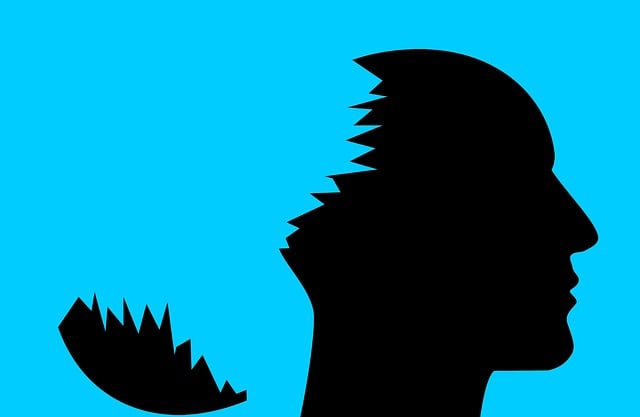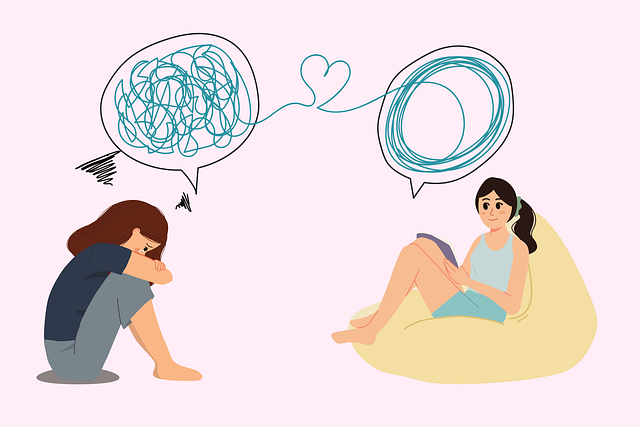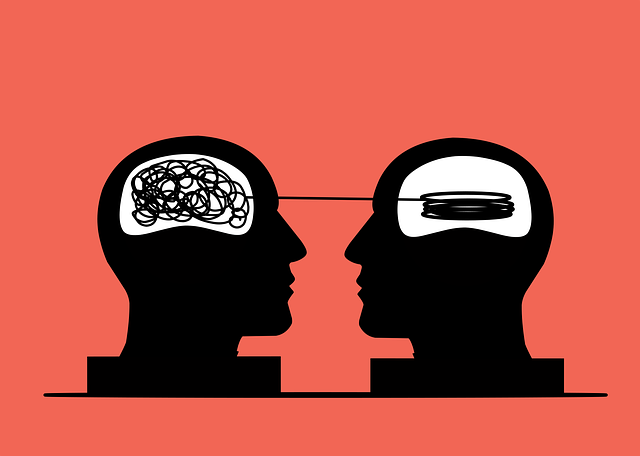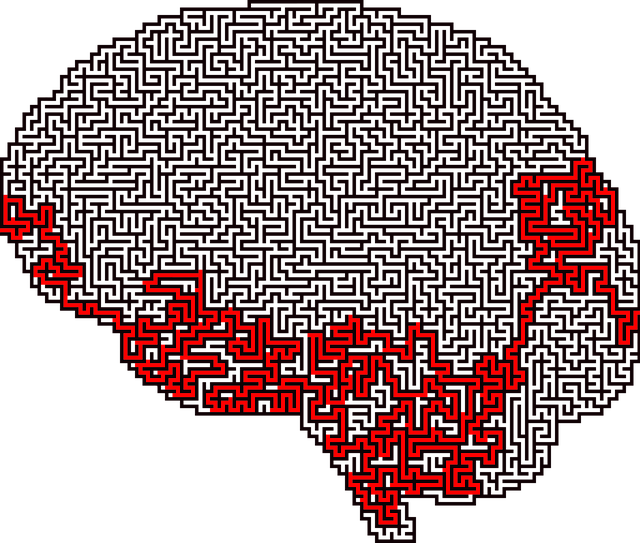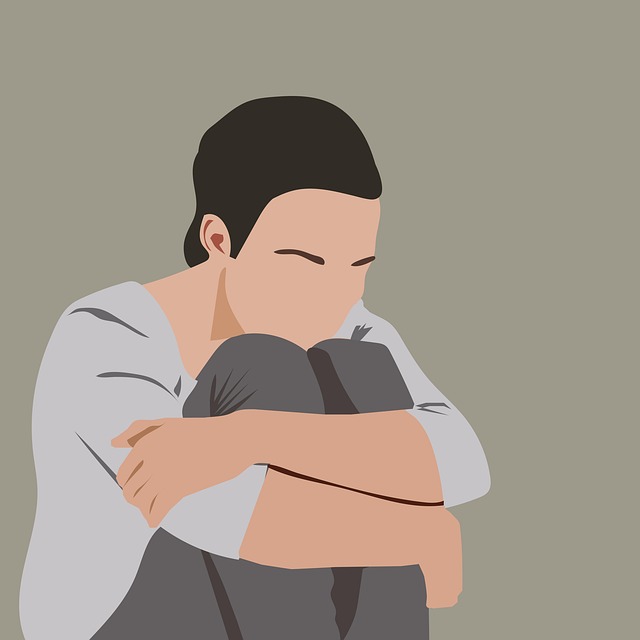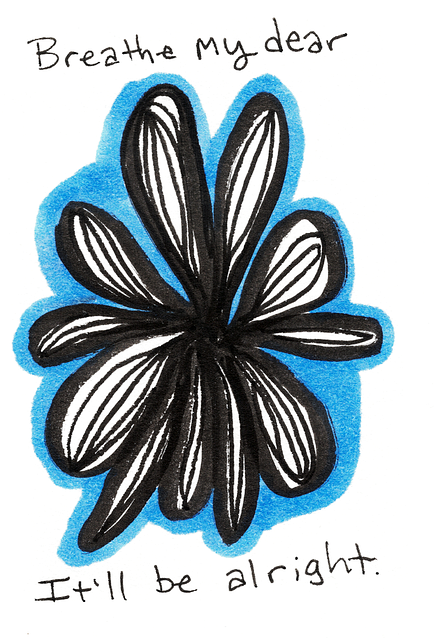Mindfulness meditation, combined with EMDR therapy, empowers adolescent teens to manage stress, anxiety, and trauma symptoms, fostering emotional regulation and healthier relationships. Integrating EMDR techniques allows professionals to address unique emotional challenges through memory processing, promoting overall well-being by enhancing emotional intelligence and coping mechanisms. Daily meditation, starting with short sessions, improves self-care and mental wellness in teens, emphasizing mindfulness as a powerful tool for therapy among adolescent populations (Therapy for Adolescent Teens EMDR Certified).
Mindfulness meditation is a powerful tool for adolescent teens navigating the complexities of modern life. This practice, grounded in awareness and non-judgment, can significantly enhance emotional well-being and resilience. This article explores three key aspects to guide teens and their EMDR-certified therapists on this transformative journey: understanding mindfulness, the role of EMDR certification in therapy, and practical tips for integrating daily meditation practice into teen lives.
- Understanding Mindfulness Meditation for Teens
- The Role of EMDR Certification in Adolescent Therapy
- Practical Tips to Integrate Daily Meditation Practice
Understanding Mindfulness Meditation for Teens

Mindfulness meditation is a powerful tool that can significantly benefit adolescent teens navigating their emotional and mental health journey. It involves being fully present in the moment, observing thoughts and feelings without judgment, and cultivating a sense of calm awareness. For teens, this practice can be a game-changer when it comes to managing stress, anxiety, and even symptoms of trauma. By integrating mindfulness into their daily routines, young individuals can enhance their emotional regulation skills, leading to better decision-making and overall mental wellness.
This form of therapy is particularly effective in combination with techniques like EMDR (Eye Movement Desensitization and Reprocessing), which has been recognized as an innovative approach to healing trauma. Certified EMDR therapists can guide teens through the process of reprocessing traumatic memories, while mindfulness meditation teaches them valuable self-care routines for managing triggers and improving their overall quality of life. Incorporating conflict resolution techniques learned through mindfulness practices can also foster healthier relationships and communication skills, contributing to a teen’s holistic development and mental wellness, as showcased in various mental wellness podcast series production initiatives.
The Role of EMDR Certification in Adolescent Therapy

EMDR (Eye Movement Desensitization and Reprocessing) Certification plays a significant role in modern adolescent therapy, offering specialized tools to address emotional challenges unique to teens. For therapists working with young individuals, integrating EMDR techniques into their practice provides an effective framework for facilitating emotional healing processes. This certification equips professionals with the knowledge and skills to help adolescents process traumatic memories and associated distressing emotions.
Through EMDR-informed therapy, social skills training and empathy building strategies can be seamlessly incorporated, fostering a safe and supportive environment. Such approaches not only assist in managing symptoms but also promote overall well-being by enhancing emotional intelligence and coping mechanisms in adolescent teens. This holistic approach is especially beneficial for addressing complex emotional issues that often require a nuanced understanding of their impact on young minds.
Practical Tips to Integrate Daily Meditation Practice

Incorporating daily meditation into your routine can be a powerful tool for self-care and mental well-being, especially for adolescent teens seeking therapy. Starting small is key; even just 5–10 minutes of mindfulness practice each day can make a significant difference over time. Begin by finding a quiet space where you won’t be disturbed. Choose a consistent time each day to meditate, such as right after waking up or before bedtime, to establish a regular habit.
Focus on your breath and observe your thoughts without judgment. Apps designed for meditation can guide beginners through various techniques. For those with traumatic experiences, EMDR-certified therapists can offer specialized support to help process difficult memories. Developing a self-care routine that includes mindfulness meditation can enhance overall public awareness campaigns related to mental health, fostering inner strength development in teens.
Mindfulness meditation, coupled with EMDR therapy tailored for adolescent teens, offers a powerful combination to enhance mental well-being. By integrating daily practice guided by practical tips, teens can navigate life’s challenges more effectively, fostering resilience and emotional balance. With the right tools and support from EMDR-certified therapists, adolescents can unlock their full potential, leading to healthier, more fulfilling lives.
